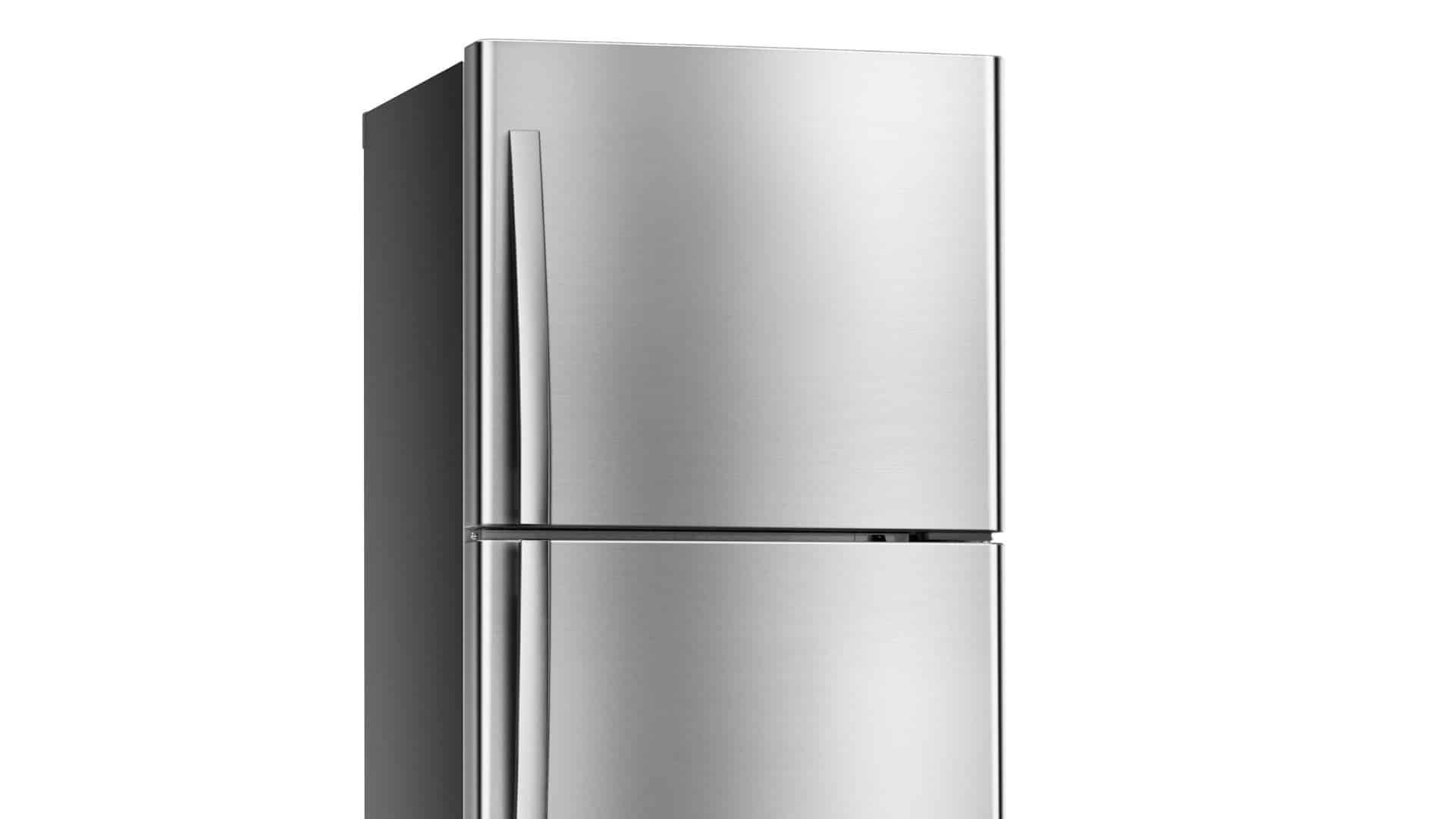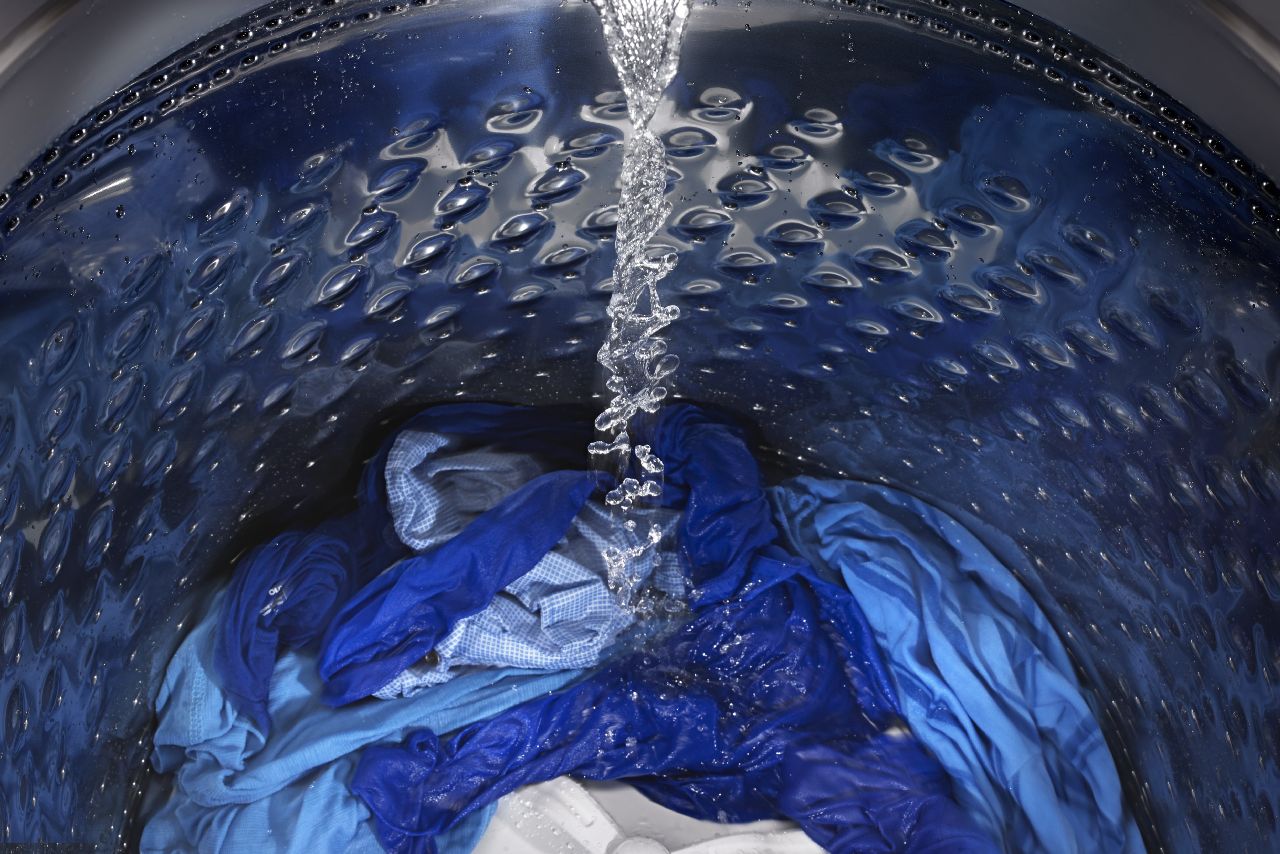
HE front-loading washers are fantastic. They save on water, they use less detergent, and they are extremely sophisticated when it comes to load sensing and sing-song washing options. Not to mention the convenience of having your washer and dryer doors face the same direction. However, they do have one notable downside: the sour smell.
Because HE washers are so well-sealed inside, but they also still hold water even when empty of a load, HE washers have this tendency to get a little musty. And wet clothes left in the dryer have a higher chance of developing mildew. There’s nothing wrong with your washer. It doesn’t need repairs and that sour smell is, unfortunately, quite normal. But there are things you can do to eliminate the smell and keep it from coming back.
Today, we’re here to share five smart tips on how to prevent mildew and sour smells in your HE front-loading washer and wet clothes.
1) Wipe Down the Rubber Seal Thoroughly with Vinegar
The rubber seal of a front-loading washer needs to be heavy-duty to hold in all that high-velocity water during a wash cycle. But that also means it has deep folds that can become moisture-retaining pockets. You may have noticed that water, hair, and laundry lint all tend to build up inside the deeper pockets of your washer door seal. This is also somewhere mildew can hide, creating a source of the sour smell.
Vinegar conquers that smell and the mold/mildew cause very effectively. Soak a sponge in white vinegar or a mixture of 50/50 vinegar and water. Then wipe down the entire surface of your seal. Make sure to get along the outside and wipe deep inside the pocket of every fold in the thick rubber seal. The bottom fold is particularly good at collecting puddles and small debris like hair ties, and it is also particularly prone to mildew. Do this about once a month to keep the smell at bay.
2) Run White Vinegar and Borax in an Empty Load
Borax is another great tool for fighting laundry mildew and the accompanying sour smell. Borax is, in fact, a common ingredient in powdered laundry soaps and homemade laundry soap. It is essentially scrubbing beads in your laundry that feel gritty like sand when dry and surprisingly slippery-yet-scrubby when wet. And it washes away completely clean. Borax, on a molecular level, is extremely sharp and actually kills the organic mildew spores that might otherwise try to grow in your washer. And it scrubs away any lingering contaminants really well.
To give your washer a scrub, pour white vinegar and borax into the detergent compartment and run an empty load on extremely hot. If that triple-threat combo doesn’t work on your washer mildew, nothing will.
3) Add a Sprinkle of Borax to Every Load
If your laundry often sits wet in the washer for a few hours, it can also begin to smell sour inside the washer. This is very common for busy professionals who start a load before heading off to work, so the clothes don’t see the dryer until you get home. One great way to fight the mildew without making your clothes smell like vinegar is another dose of Borax. Remember, we mentioned it’s a common ingredient in laundry soap and fights mildew very effectively.
Add between a teaspoon to a tablespoon of borax to each load to reduce the likelihood of mildew and sour-smell developing in wet clothes. Or to cure clothes that developed mildew while sitting damp in a hamper.
4) Keep the Washer Door Cracked
The main problem with sour-smelling HE washers is that the inside never airs out. Unlike a top-loader, the door must seal completely. So when the washer is not in use, try to keep the door cracked. That super-tight seal prevents the washer from the usual benefit of airing out between uses. This is a quick and surprisingly easy tip, as long as your cracked washer door isn’t in the way of a path.If your washer door tends to swing inconveniently open into the room when cracked, check the feet. A forward-swinging door is a sign that the gravity isn’t quite right for it to hang comfortably cracked. There’s a good chance your washer isn’t sitting quite flat on the ground. Or that your door hinges are a little loose. If the washer is level, consider tightening the hinges, particularly the upper hinge which determines the outward tilt of the door and its the angle of the swing.
5) Reduce Humidity in Your Laundry Room
Last but not least, consider the humidity in your laundry room. If your laundry room is the garage, or if your dryer does not vent effectively to an outdoor area, laundry rooms can become extremely humid. A humid laundry area will increase the chances of mold and mildew forming on the already damp washer seal and interior. Check on your dryer vent and hose to ensure that they are effectively pumping moist air out of the house instead of into the laundry area. Keep your laundry room well-ventilated. Regularly clean your dryer lint trap and occasionally clear your dryer hose to increase airflow that carries moisture away from your laundry. If all else fails and your laundry area is still humid and mildew-smelling, implement a dehumidifier in the room if necessary. Dehumidifiers pull water out of the air and condense it into a tank that can be poured out every few days.
—Implementing even one or two of these techniques is sure to show some improvement in your sour laundry problem. Implement all five and you’ll be saying goodbye to that sour smell in the washer for good. HE washers are amazing but the design is not yet perfect. Especially if your laundry area is humid or mold is enthusiastic in your neighborhood, it’s important to know how to keep your HE washer clean and mildew-free. If you’re experiencing more serious troubles with your washer, ranging from noisy spin cycles to obvious malfunction, contact us today and our team will be glad to help you with the washing machine repairs you need.
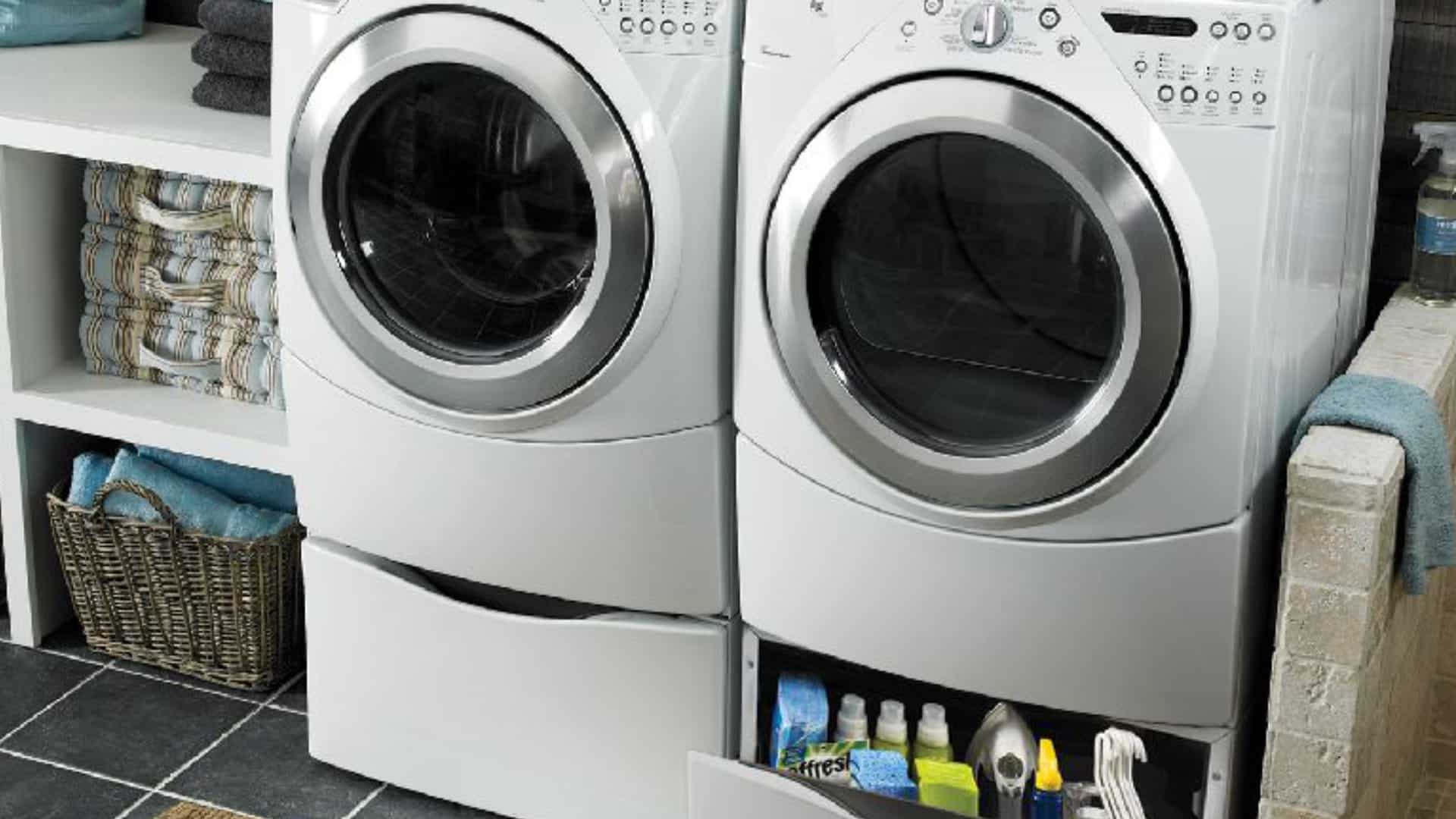
How to Fix the Whirlpool Washer F9 E1 Error Code
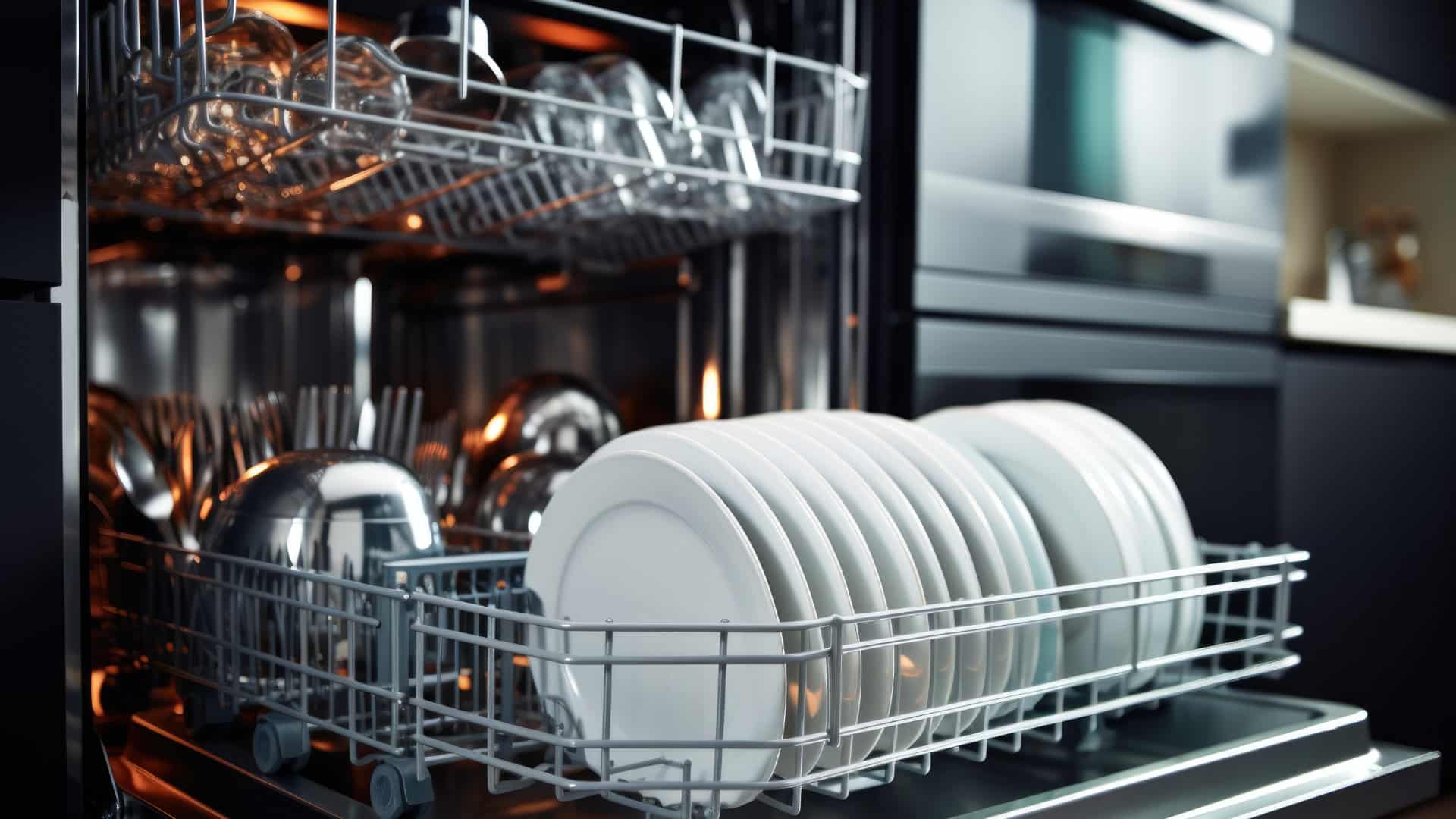
How to Solve Frigidaire Dishwasher Lights Blinking
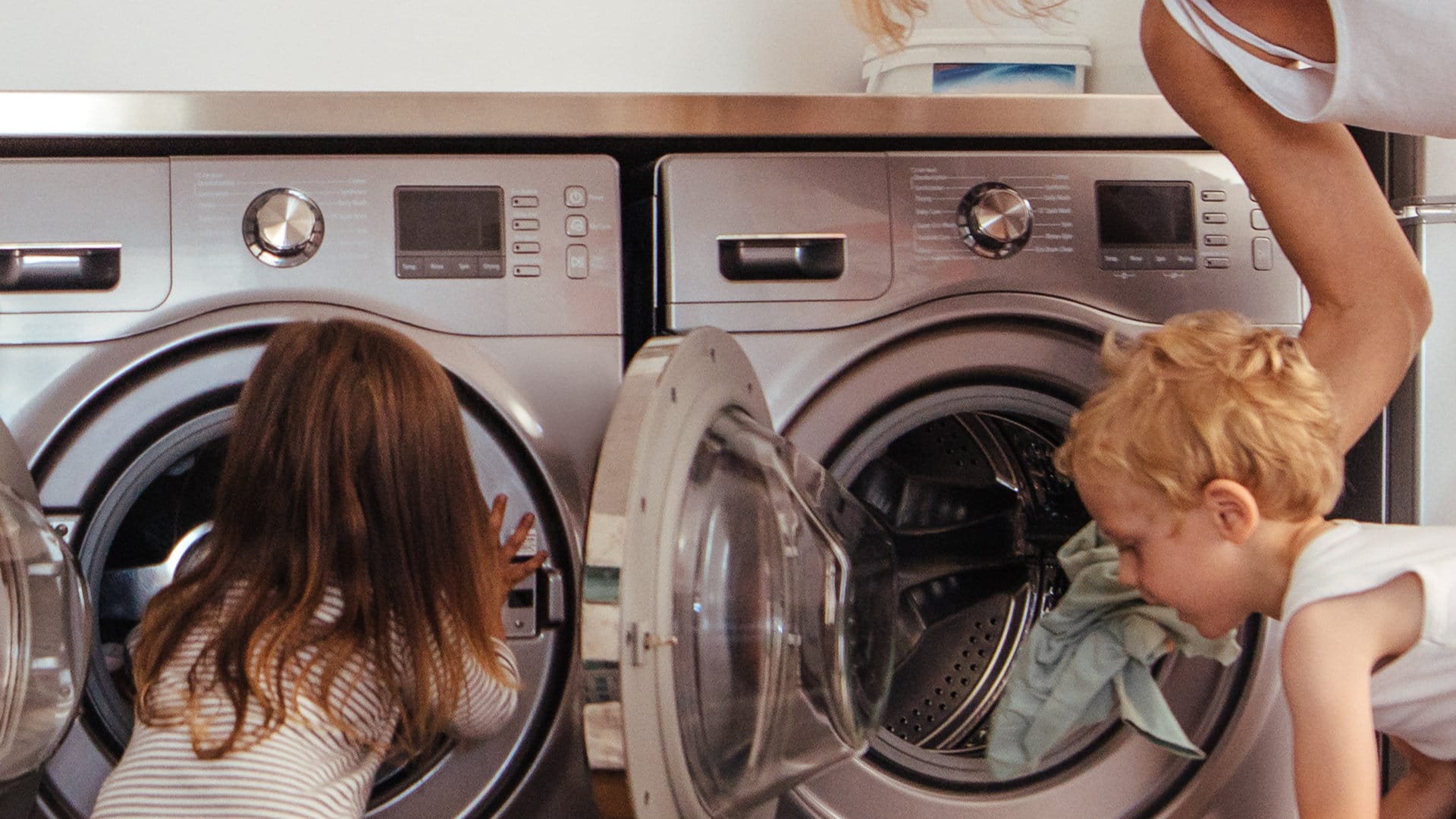
Resolving the LG Washer UE Error Code (3 Easy Fixes)
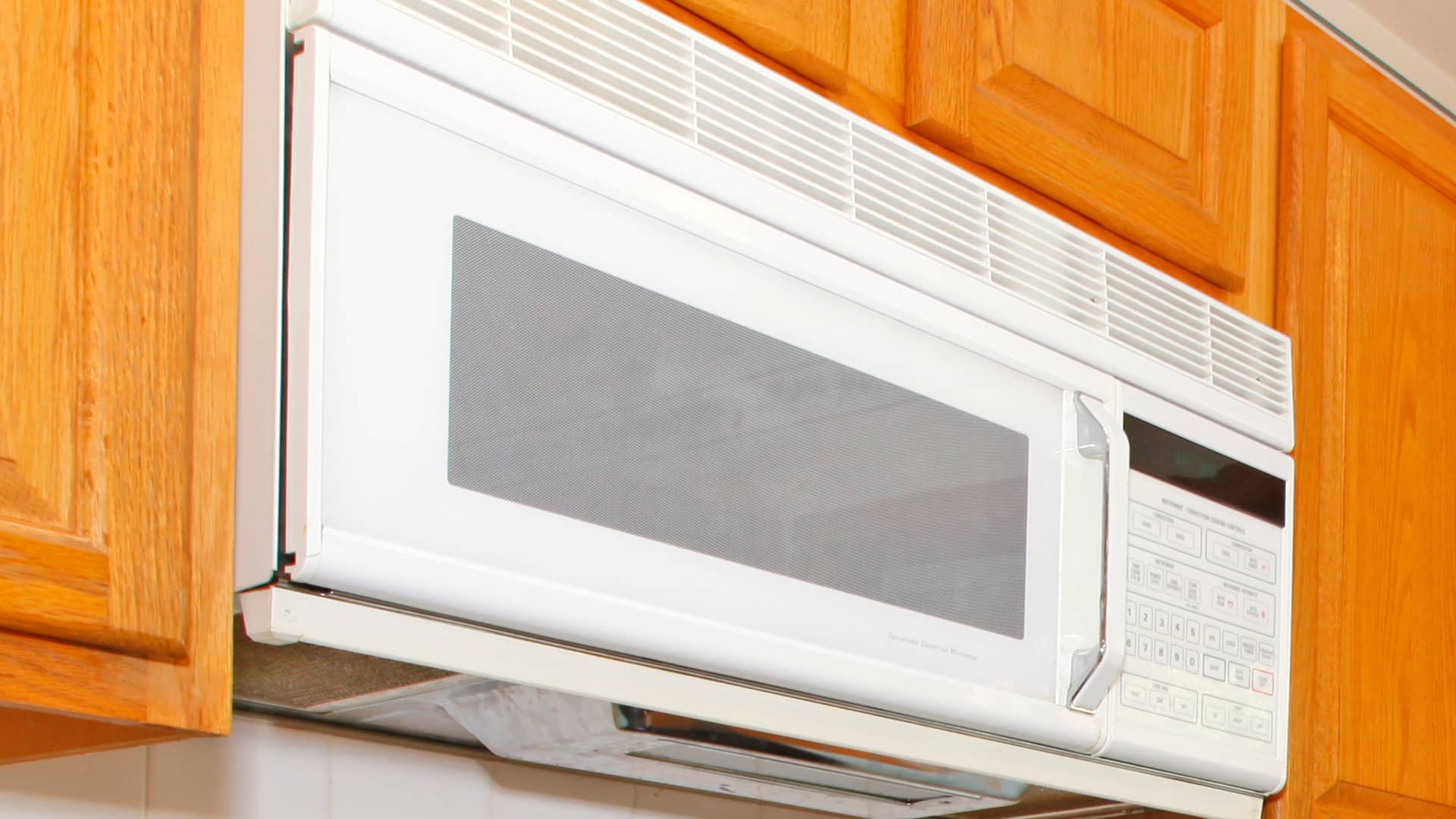
Replacing an Over-the-Range Microwave with a Range Hood
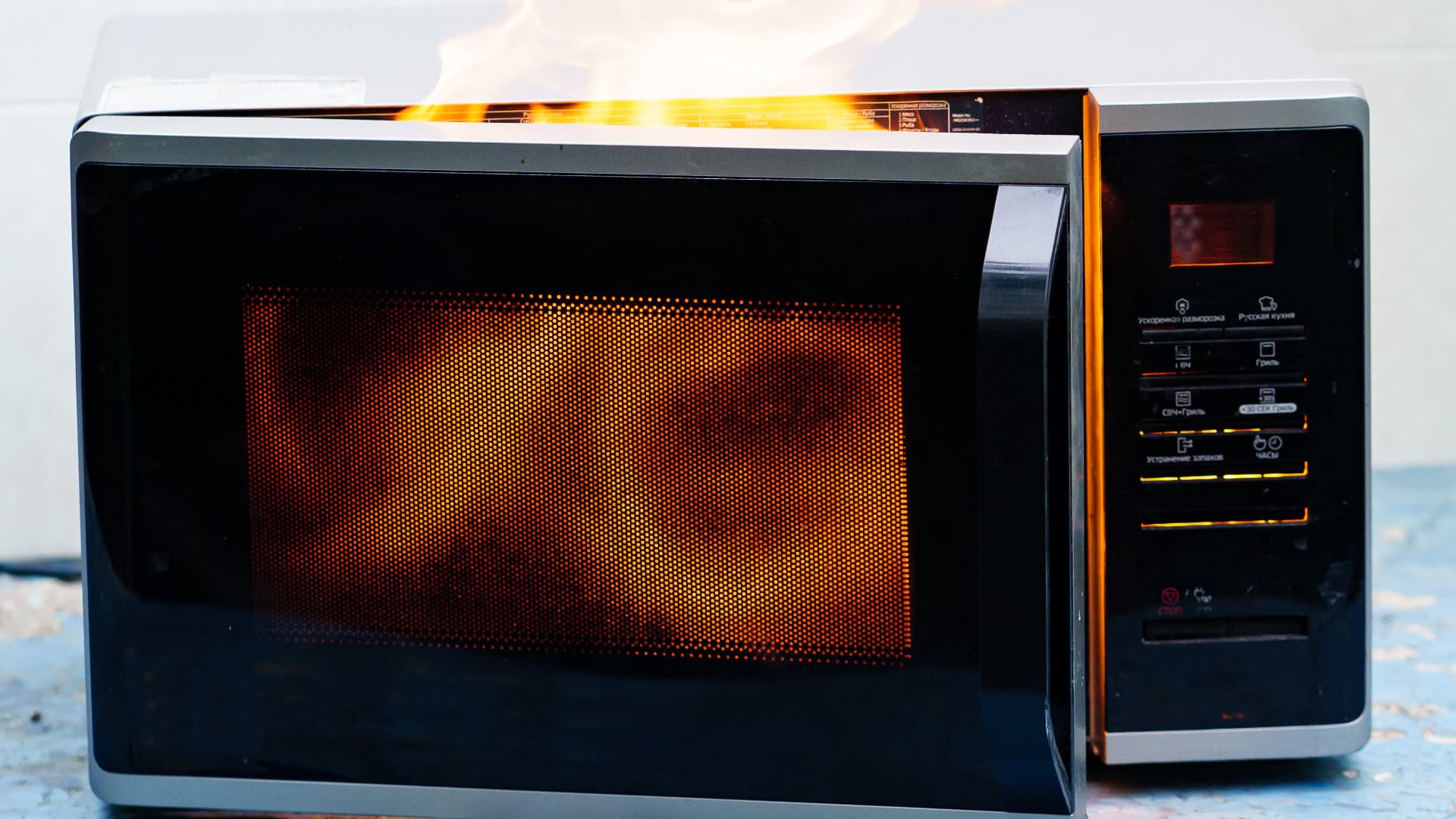
How to Get Burnt Smell Out of Microwave (In 2 Easy Steps)

7 Reasons Why Your Bosch Ice Maker Is Not Working
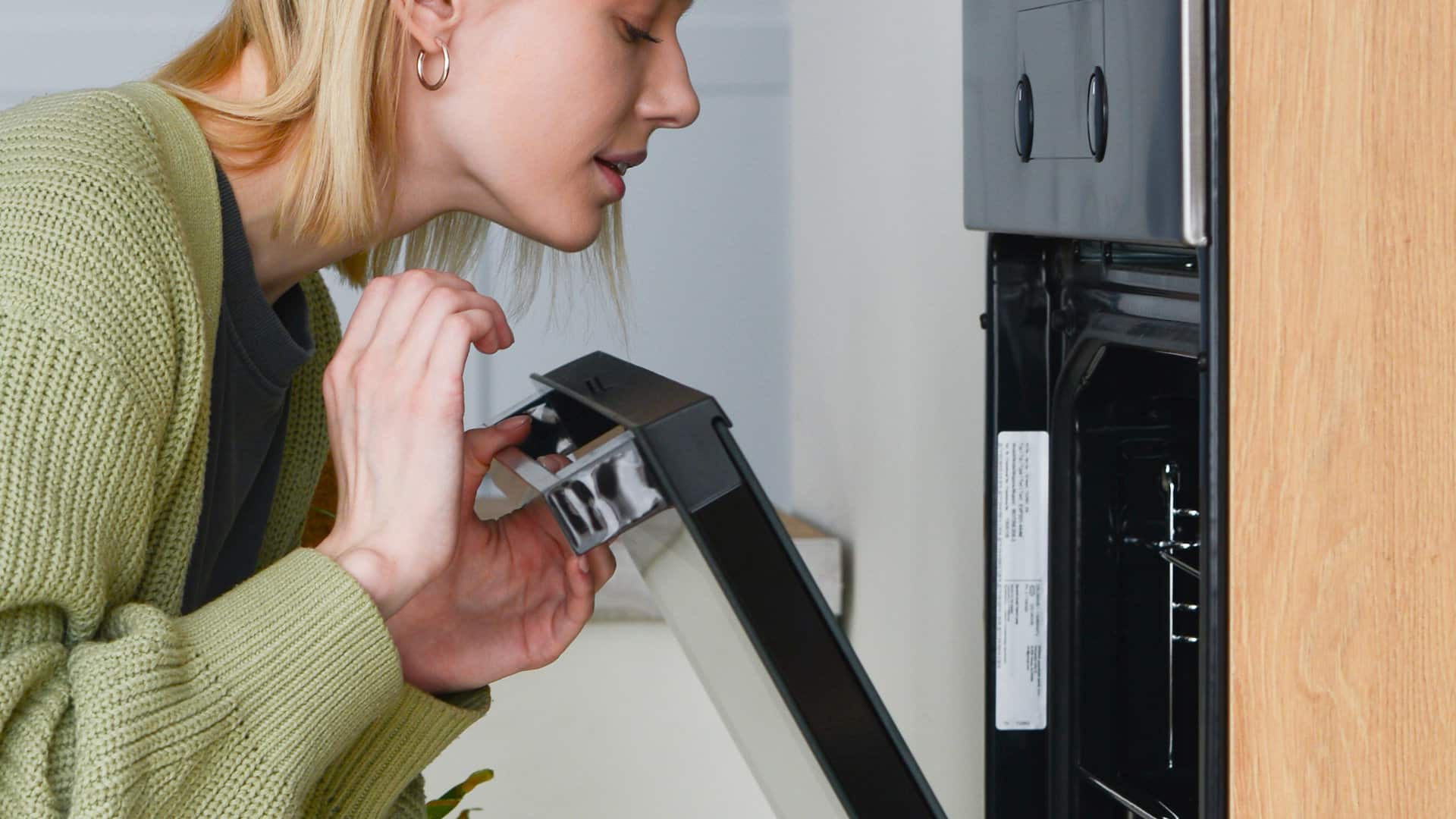
Why Does Your Self-Cleaning Oven Smell?
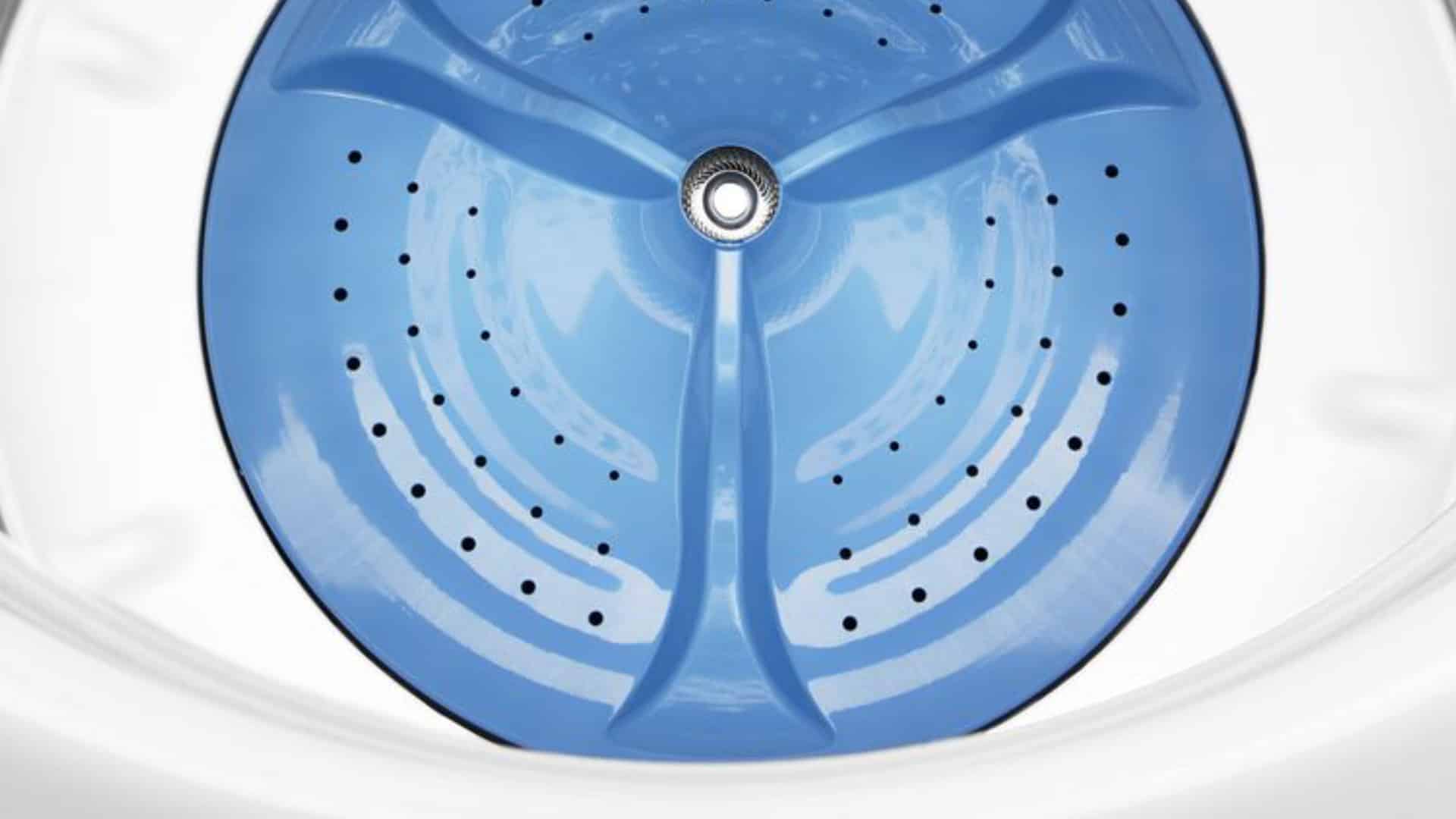
Why Is Your Whirlpool Cabrio Washer Not Spinning?
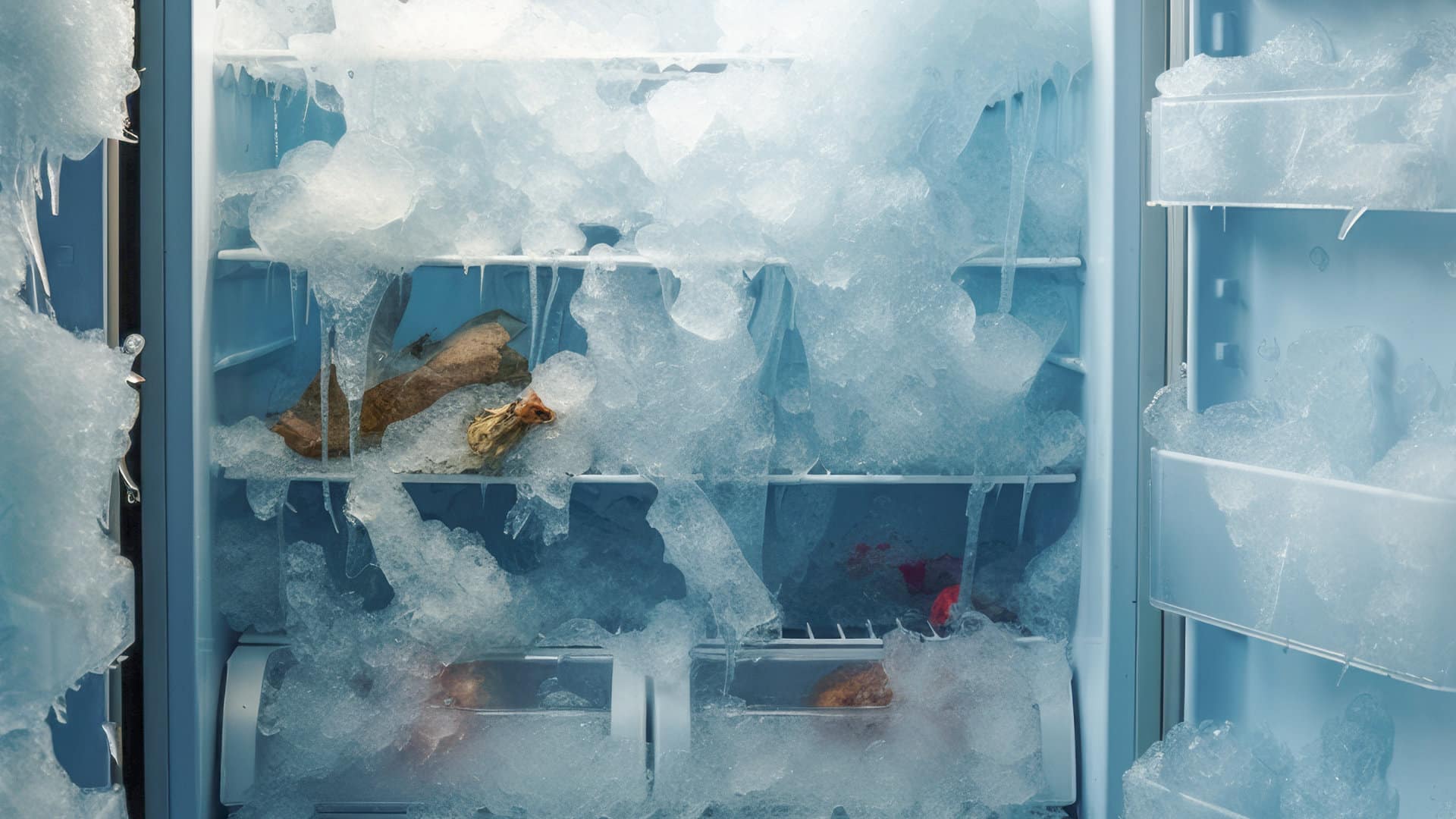
Why Does My Refrigerator Make Noise?
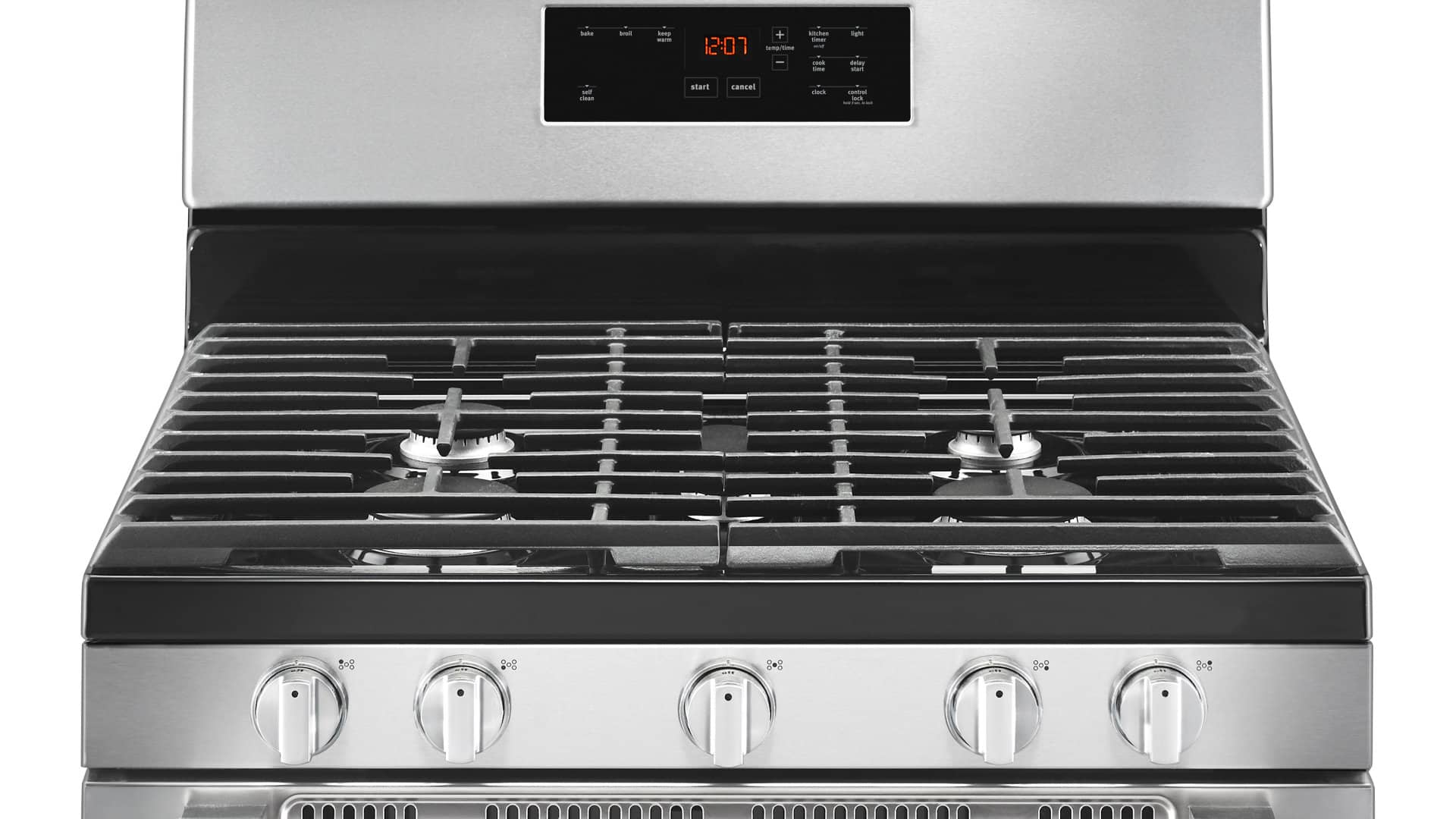
Troubleshooting the F2 Error Code on a Whirlpool Oven
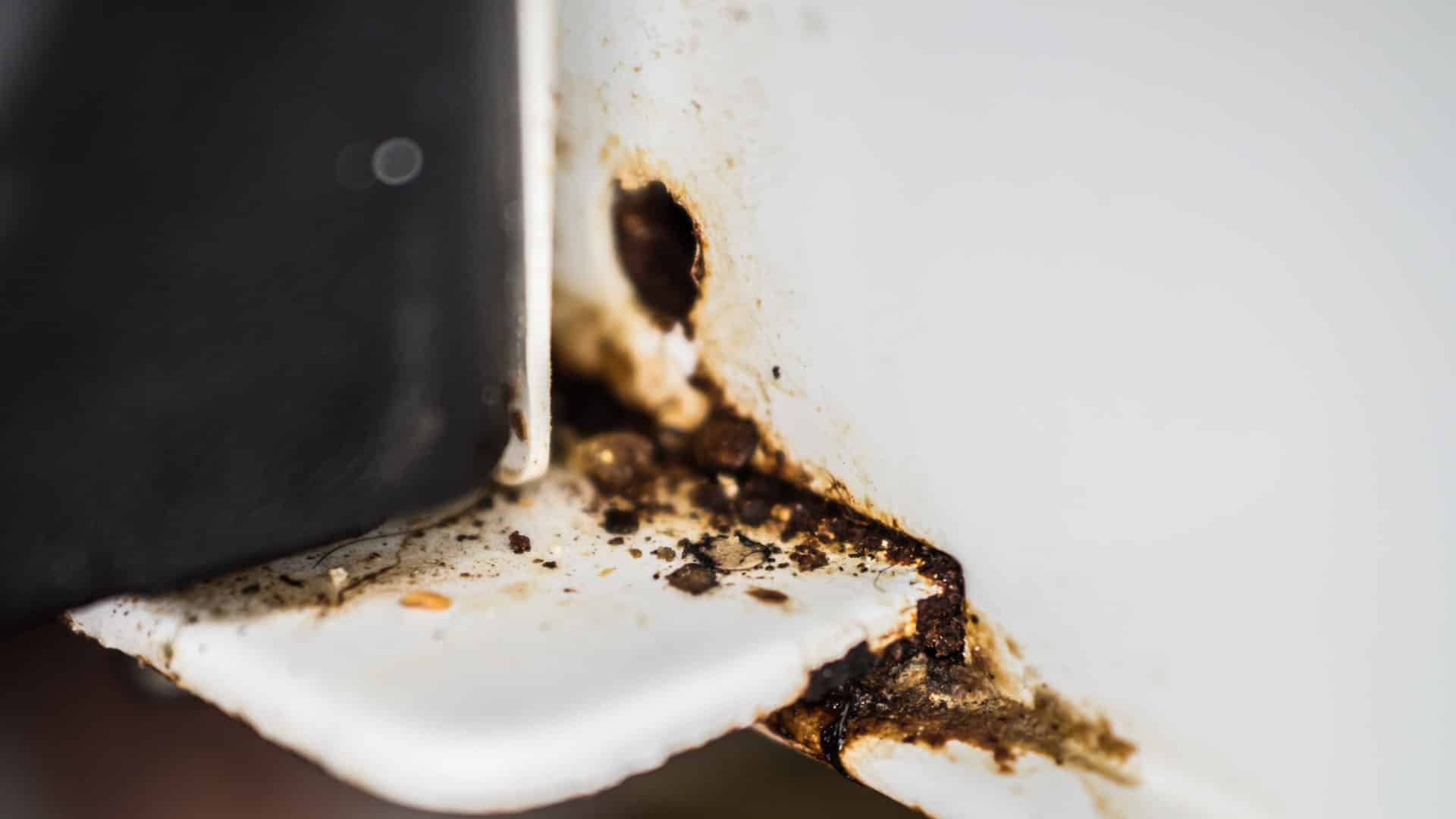
Rust Inside Microwave: Causes, Fixes, and Prevention Tips
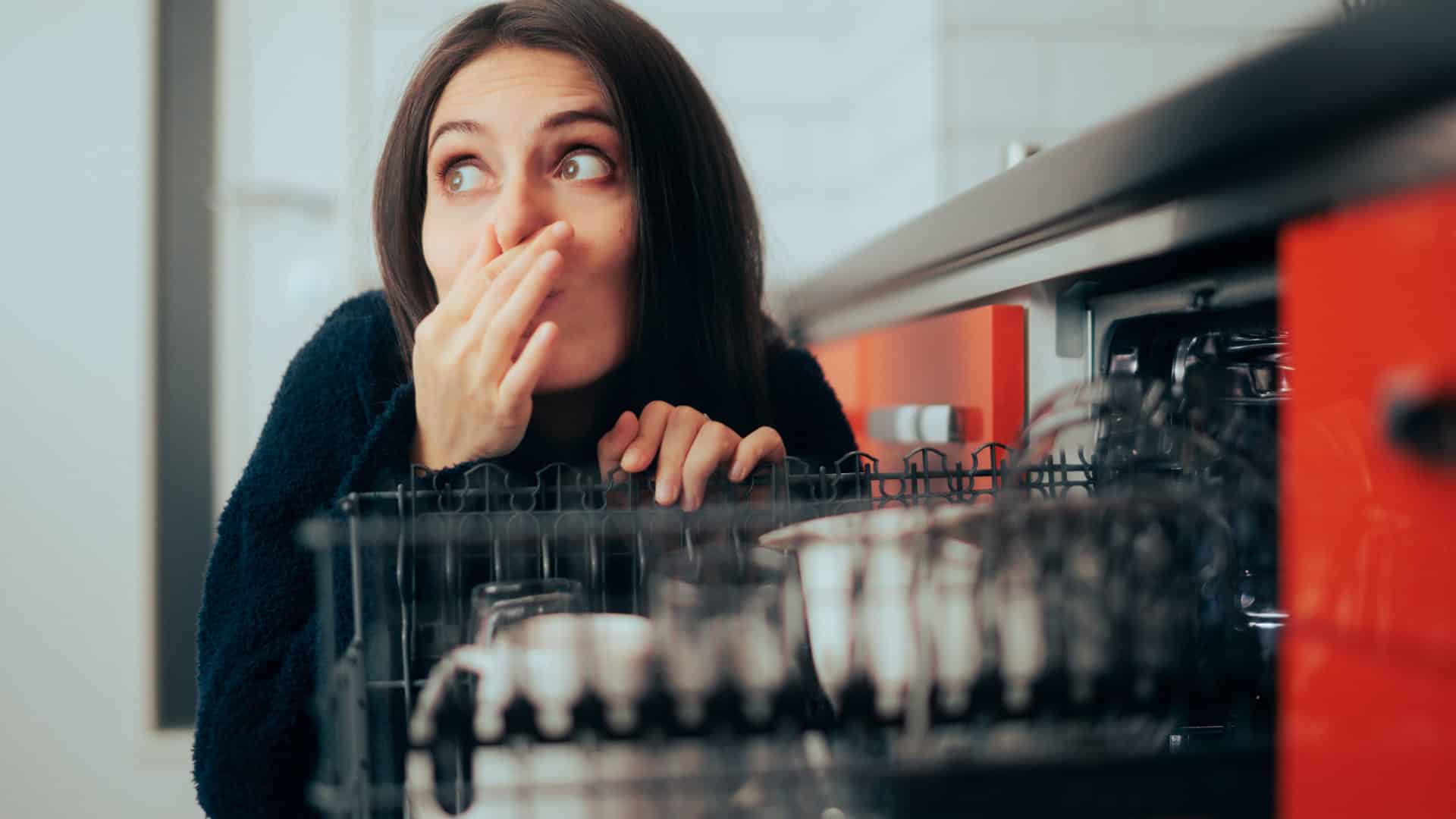
4 Ways to Get Smell Out of Dishwasher

7 Steps to Fix a Whirlpool Oven Not Heating
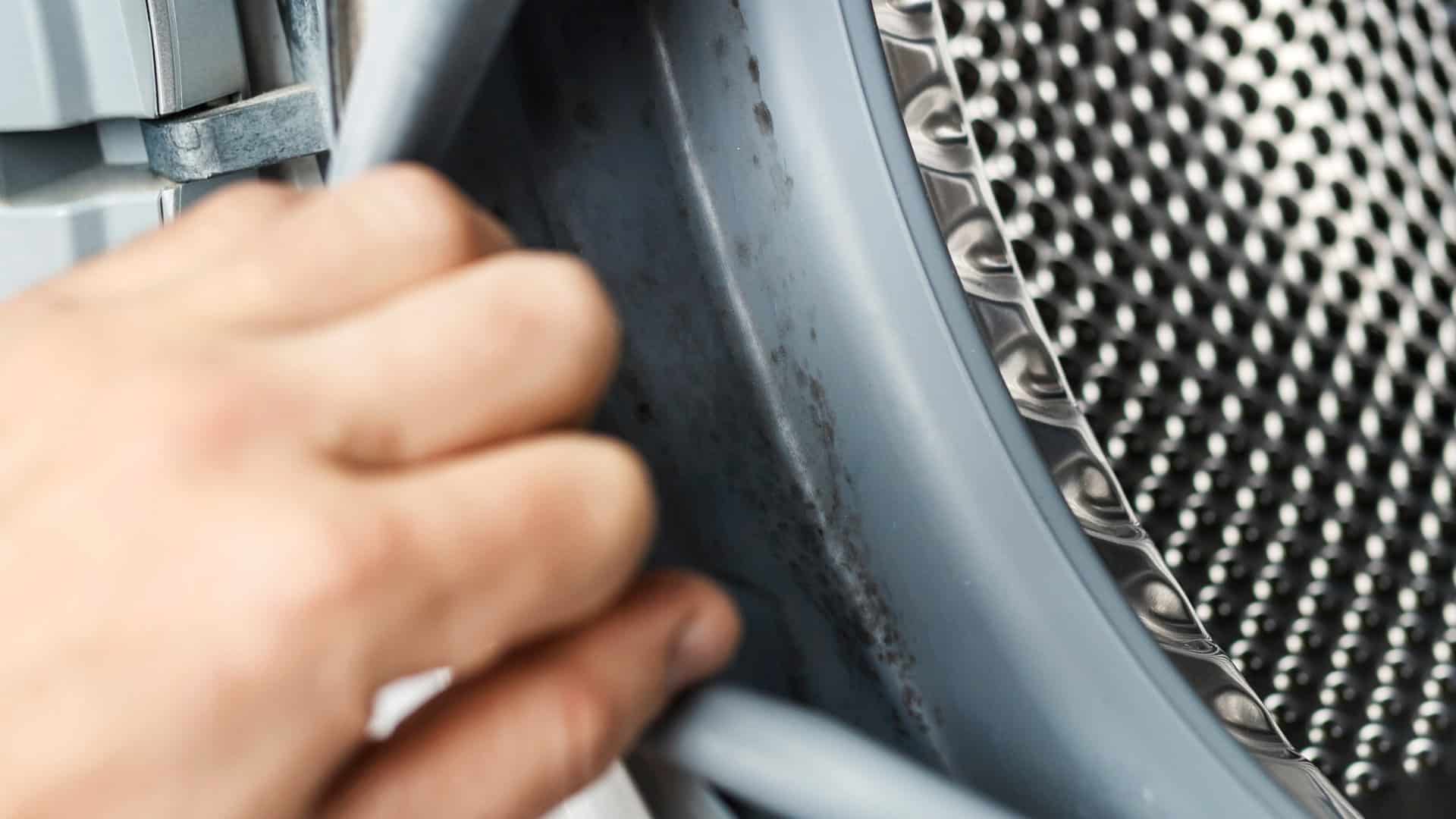
What to Do When Your Washing Machine Smells Like Rotten Eggs
